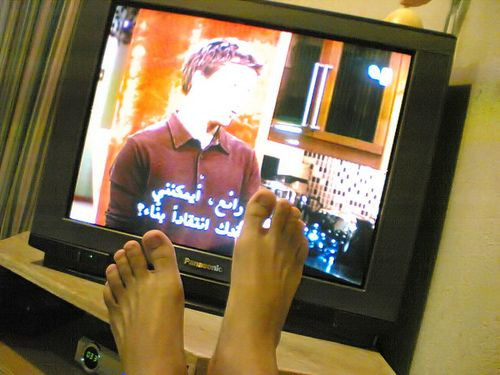Do We Pay Attention To Villains Who Suffer More Than Protagonists In Pain? Brain Processes Defeats Of ‘Bad Guys’ More

We typically don’t empathize with the ‘bad guys’ of the world – from tyrannical dictators to criminals, to the Disney villains and our own personal enemies who have done us harm. But a new study by University of Southern California researchers and published in Frontiers in Psychology reveals that though we may not necessarily feel sorry for the bad guys in pain, our brains focus more on them than they do on the “good” people who suffer.
“When you watch an action movie and the bad guy appears to be defeated, the moment of his demise draws our focus intensely,” Lisa Aziz-Zadeh of the Brain and Creativity Institute of the USC Dornsife College of Letters, Arts and Sciences, said in a press release about the study. “We watch him closely to see whether he’s really down for the count, because it’s critical for predicting his potential for retribution in the future.”
The study’s participants were all Caucasian Jewish males. They first watched videos of hateful anti-Semitic individuals suffering, then secondly watched tolerant, likeable individuals suffering. The researchers discovered that when watching the hateful people being defeated, the brains of the participants showed increased responses in areas associated with physical pain, reward processing, and emotion regulation.
“These data indicate that regions of the brain active while viewing someone in pain may be more active in response to the danger or threat posed by witnessing the pain of a hateful individual more so than the desire to empathize with a likable person’s pain,” the abstract says.
The study concludes that the human brain finds an advantage in regulating enemies more closely than friends – which brings us to the old saying, “Keep your friends close, but your enemies closer.”
“The results further revealed the brain’s flexibility in processing complex social situations,” Glenn Fox, a PhD candidate at USC, said in the press release. “The brain uses the complete context of the situation to mount an appropriate response. In this case, the brain’s response is likely tied to the relative increase in the need to attend to and understand the pain of the hateful person.”
The USC researchers plan on further investigating the brain’s response to watching individuals in pain, with a next possible step to learn how regulating one’s emotional reaction changes brain activity.
Published by Medicaldaily.com



























